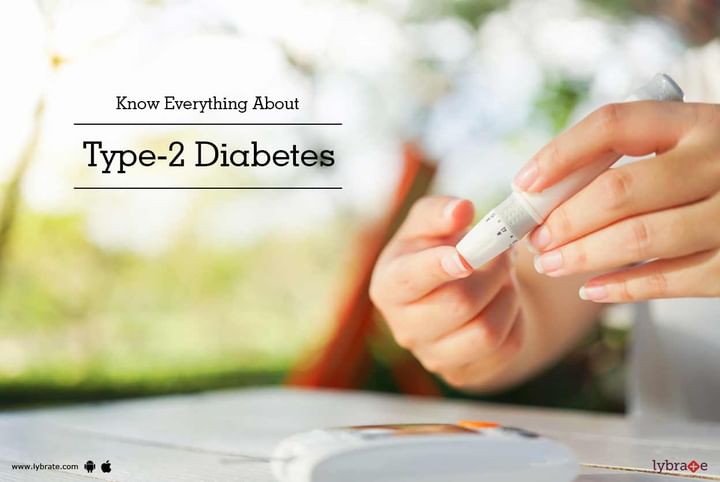Know Everything About Type-2 Diabetes
Glucose is the primary ingredient within the body which is turned into an energy source. This is what we use when we move, walk or make the slightest movements. To metabolize glucose into energy, your body needs insulin, which is a hormone produced within the pancreas. However, if the body doesn't react to the insulin or the pancreas is unable to produce enough, glucose cannot be converted into energy and thus results in type 2 diabetes.
Symptoms of type 2 diabetes
- Sudden or gradual weight loss despite increased hunger - Many people complain that they feel hungry and eat more, but despite this, tend to lose weight. This occurs as the body cannot metabolize glucose and uses energy reserves from fat or muscles leading to weight loss.
- Frequent infections and slow healing - If you are afflicted with Type 2 diabetes, then it might affect your immune system and you may be prone to infections. Also, any cuts or bruises on your body will take much longer to heal than normal.
- Irritability and fatigue - Another common symptom of type 2 diabetes along with the other symptoms mentioned here is quick irritability and fatigue. This is because most of the body is deprived of sugar and thus lacks the energy needed to function normally.
- Constant thirst and increased urination - If you feel constantly thirsty despite drinking ample water and urinating frequently, this may be a tell tale sign of type 2 diabetes.
- Skin darkening in folds and creases of the body - Also known as acanthosis nigricans; this is a darkening of the skin where it also becomes velvety to the touch. It usually develops in the folds on skin in areas such as the neck and armpits and is a direct result of insulin resistance.
Causes of Type 2 diabetes
Some of the most common causes of Type 2 diabetes could be:
- Being overweight
- Lack of physical activity
- Genetic predisposition or family history
- If you are more than 45 years of age
- Hormonal problems such as Polycystic ovarian syndrome
Treatment or management of type 2 diabetes
In most cases, major lifestyle changes can easily keep the symptoms of type 2 diabetes in check although in certain cases medications may also be required. Some of the steps necessary are as follows:
- Change in diet and healthy eating
- Physical activity and exercising
- Regular blood sugar monitoring and
- Blood sugar medication along with insulin therapy if necessary
If you wish to discuss about any specific problem, you can consult a doctor.



+1.svg)
